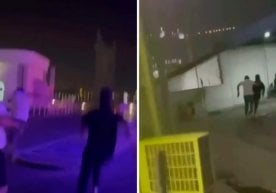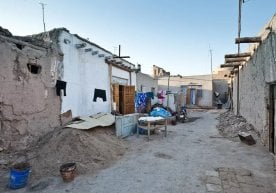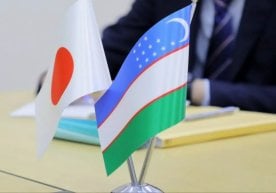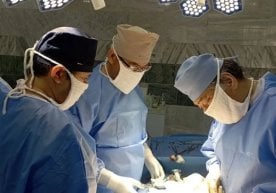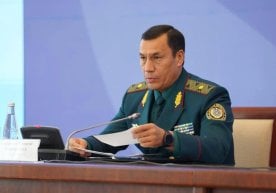Investigative judges have started work. Now how will prosecutors get sanctions?
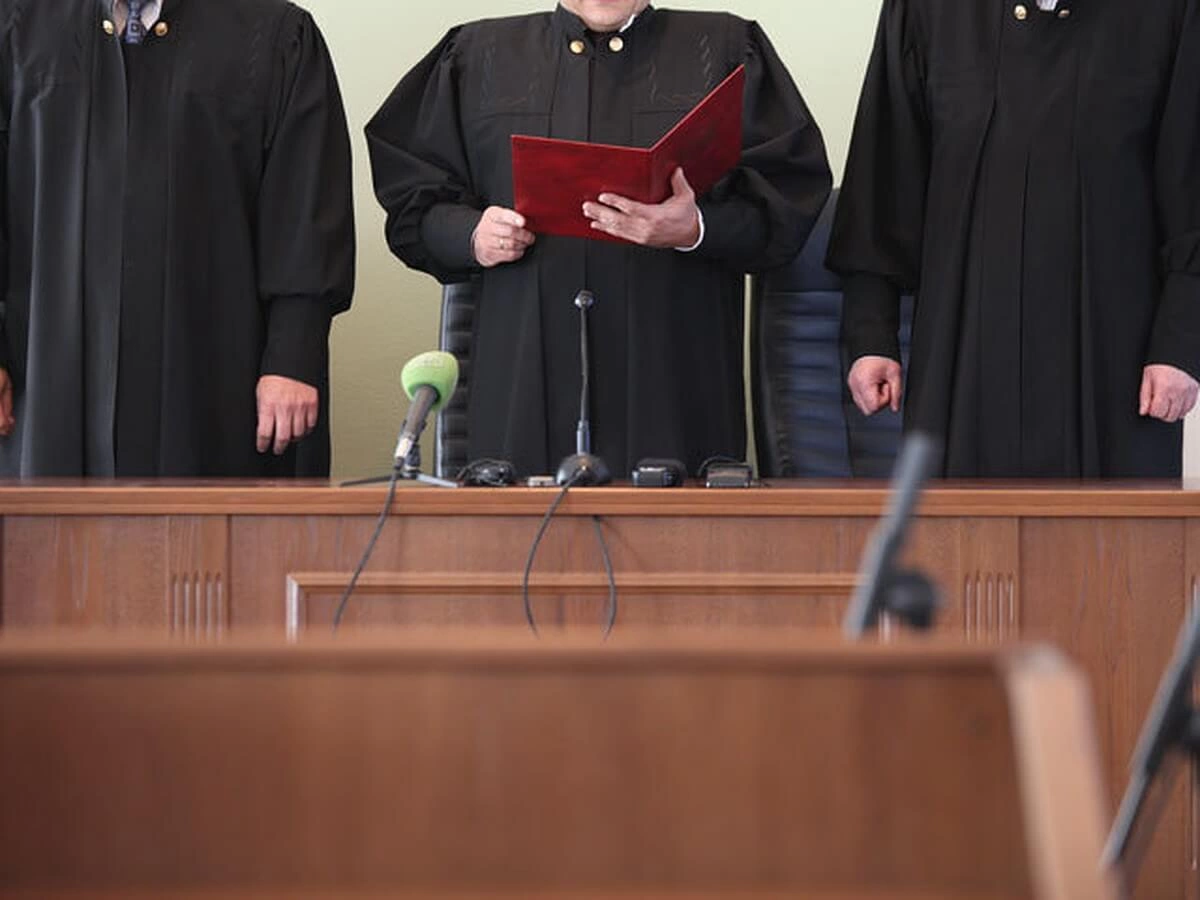
Investigators must obtain a court order to restrict a person's freedom, search their home, and listen to telephone conversations and correspondence. The newly introduced investigative judges in Uzbekistan will consider the issue of restricting the constitutional rights of citizens within the framework of a criminal case.
In Uzbekistan, under the law that came into force on January 29, 2025, the authority to issue sanctions for procedural decisions related to restricting the freedoms of citizens during the pre-trial proceedings in criminal cases was transferred to separately established investigative judges. Currently, more than 200 investigative judges have started work throughout Uzbekistan. They also consider administrative offense cases. Kun.uz correspondent spoke with Behzod Muminov, investigative judge of the Mirzo Ulugbek District Court for Criminal Cases, on this topic.
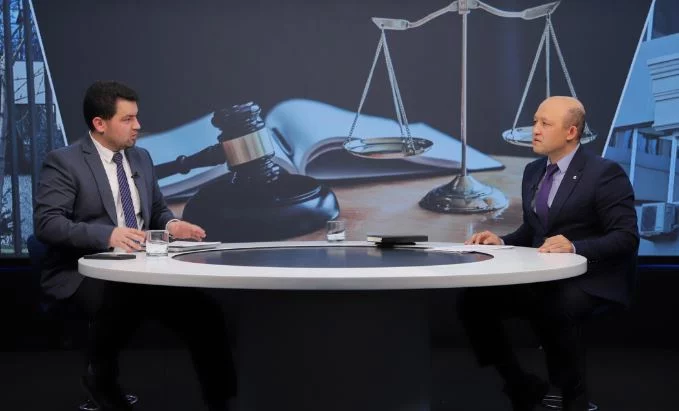
Photo: On the right is investigative judge Behzod Muminov
– What were the reasons for introducing the position of investigative judge?
– This is not a recent need or proposal. Scientists and the scientific community have been putting forward this proposal since the 2000s. According to analysis, cases related to the violation of human rights and freedoms in criminal proceedings are most often identified at the pre-trial stage of criminal proceedings. Until now, judicial review was carried out by courts of general jurisdiction. They both issued verdicts, heard administrative cases, and exercised judicial review of pre-trial proceedings. If, after judicial review, a verdict is also issued on the case, questions arise about the impartiality of the judge.
In this regard, the experience of neighboring countries has also been studied, and in Kazakhstan and Kyrgyzstan the position of investigating judge has been introduced. And they have yielded positive results. In addition, today, the specialization of judges has become a "trend" all over the world. Judges who hear only a certain, narrow range of cases make fewer mistakes, their work will be of high quality. They will have higher qualifications in applying the norms of the law in their field. Investigative judges are also judges who are specialized in applying procedural coercive measures, they do not hear the case on its merits. This will be a guarantor of the application of constitutional rights.
– Cases on administrative offenses are one of the most frequently heard processes in the courts of Uzbekistan. Now, how much does hearing such cases in addition to their main duties affect the efficiency of the work of an investigating judge?
– True, there are many such cases, and in other countries, investigative judges do not hear cases within the framework of the Criminal Procedure Code. In some sense, we cannot say that it affects the efficiency of judicial control, but it does not affect it at all. In another sense, any citizen can appeal the investigator's decision to the court. This is also judicial control in the criminal process. The legislation should include the authority for investigating judges to consider complaints from lawyers and interested parties against the decisions of the investigator or prosecutor. During the court hearing, the investigator or prosecutor must prove the legality of his decision. If such a procedure for appeals is introduced, it will also lead to an increase in the workload of investigating judges. This should be resolved later, in particular, judges who hear administrative offense cases may be singled out. Because today, the types of administrative offense cases have also increased. This also requires additional knowledge and awareness of new areas from the judge.
– Do the powers of the prosecutor stipulated in Article 382 of the Criminal Procedure Code and the powers of the investigating judges in the newly added Article 31-1 overlap, and what is the difference between them?
– First of all, we need to look at its purpose. The question arises as to what is the difference between prosecutorial supervision and judicial supervision. The prosecutor coordinates the activities of state bodies in the prevention and fight against crime, or, to put it simply, is responsible for carrying out criminal prosecution. He or she is more concerned with the interests of the individual, as well as the interests of the state and society.
Here, the investigating judge considers the issue from the point of view of the rights of the individual, which is also stated in Article 31-1 of the Criminal Procedure Code. He or she considers whether there are grounds for restricting the rights of the individual in order to protect the interests of the state. The supervision of the investigating judge is carried out only upon receipt of a request from the prosecutor. The prosecutor's supervision is of an operational nature: he can go and inspect the pre-trial detention facilities or check the case files and applications held by the investigator or the operational officer. The supervision varies according to the nature and purpose of the supervision.
The prosecutor approves the indictment and supports the charges in court. The prosecutor responsible for the prosecution considers the appeal if the charges are unlawful. In some cases, these two functions can interfere with each other. The court is not responsible for the indictment, nor is it responsible for the criminal record. It only considers whether the law provides grounds for restricting a person's rights, subject to the law.
– In cases such as a house search or detention as a precautionary measure, or wiretapping, to whom do investigators or emergency personnel first apply? Does the prosecutor or the investigating judge issue the sanction?
– In such a situation, if it is necessary to apply a precautionary measure of detention, conduct a search, or take other procedural coercive measures, the investigator first submits a petition to the prosecutor supervising the case. The prosecutor examines the petition and documents. If he agrees with the petition, he approves it and submits it to the court. The court grants or rejects the request. Here, a two-stage control mechanism over the investigator is introduced: the prosecutor checks and the court checks. As I said above, the court and the prosecutor check from different angles.
When investigating judges consider cases on the application of a precautionary measure of detention or other coercive measures, the accused and his lawyer also participate in the closed process. That is, there is a discussion. However, when obtaining a sanction for a search, interception of mail, telegrams, or wiretapping of telephone conversations, the investigating judge considers the case closed. Because this is a secret investigation. For example, if it is heard in an open court session, everyone will hear that "the court is issuing a sanction to conduct a search of the defendant's house." There is no point in searching the house or other place in that case. That is why it is considered in a closed court session without the participation of the accused or suspect, only with the participation of the prosecutor. Here, the investigating judge assesses the case from the interests of the citizen, makes a ruling on the necessity of the issue of restricting his rights.
There is another issue, if in urgent cases the investigating judge conducts a search without a court sanction, then within 24 hours he submits the materials on the search to the court. The court will now consider it and assess its legality: whether there was a reason for the search in that case or not, whether the search was conducted legally or not. If it was conducted illegally, let's say, some evidence relevant to the case is obtained as a result of the search. The court will assess this issue and find that there were no grounds for the search, the search is illegal, and the evidence obtained during the process is also inadmissible evidence. In addition, the person whose home was searched has the right to appeal the court's decision. The appellate instance will examine: whether there was a reason in fact, whether there was a reason to violate the inviolability of private residence, or whether there was no reason.
Farrukh Absattarov talked.
Read “Zamin” on Telegram! Ctrl
Enter
Found a mistake?
Select the phrase and press Ctrl+Enter 















